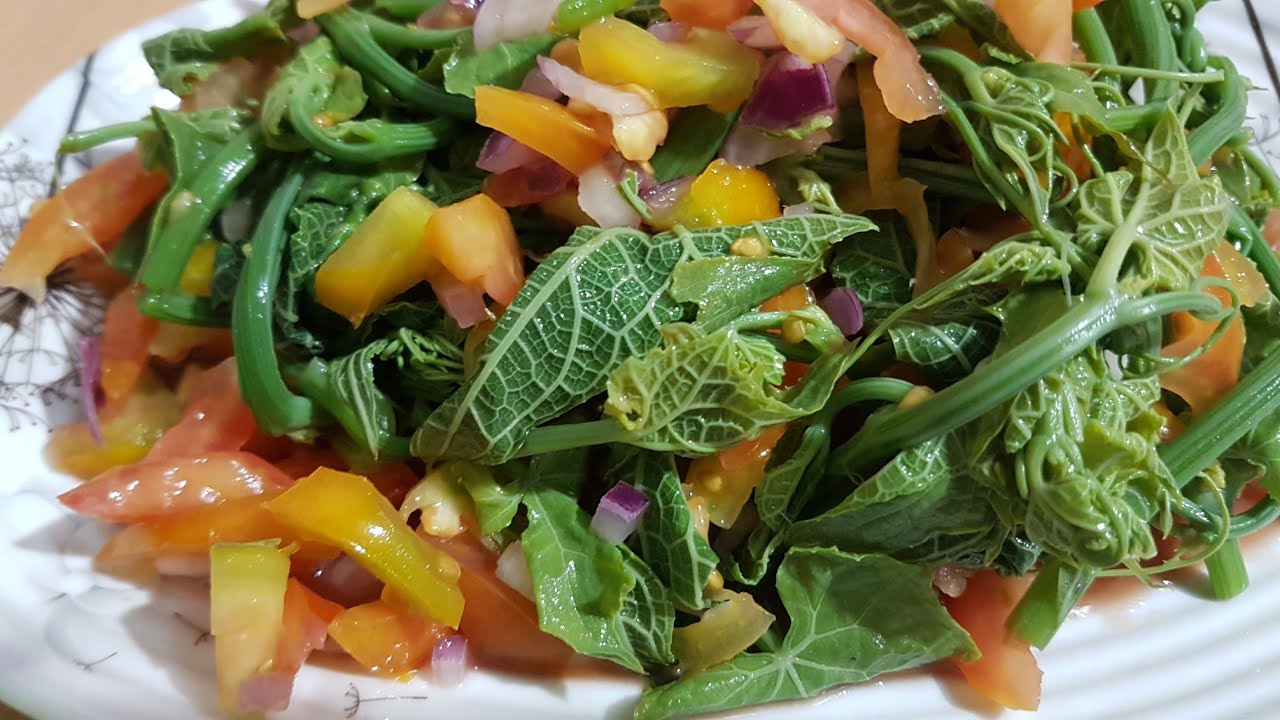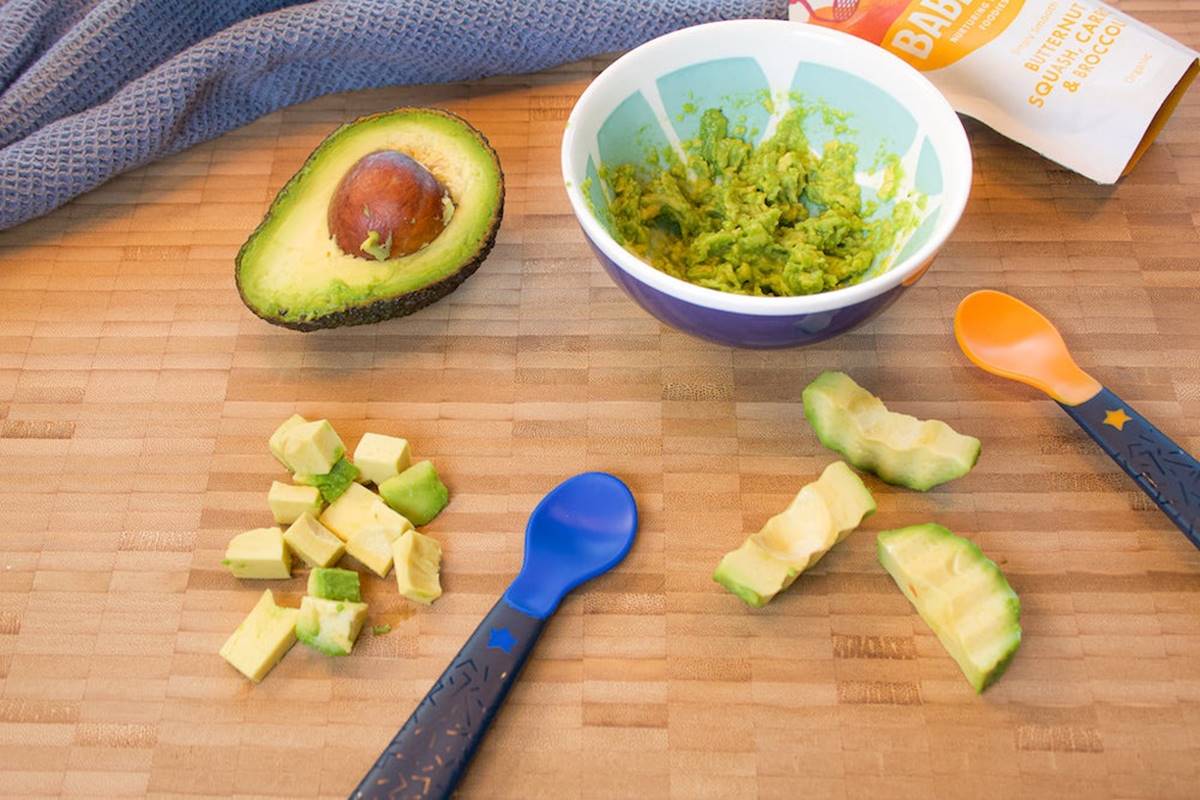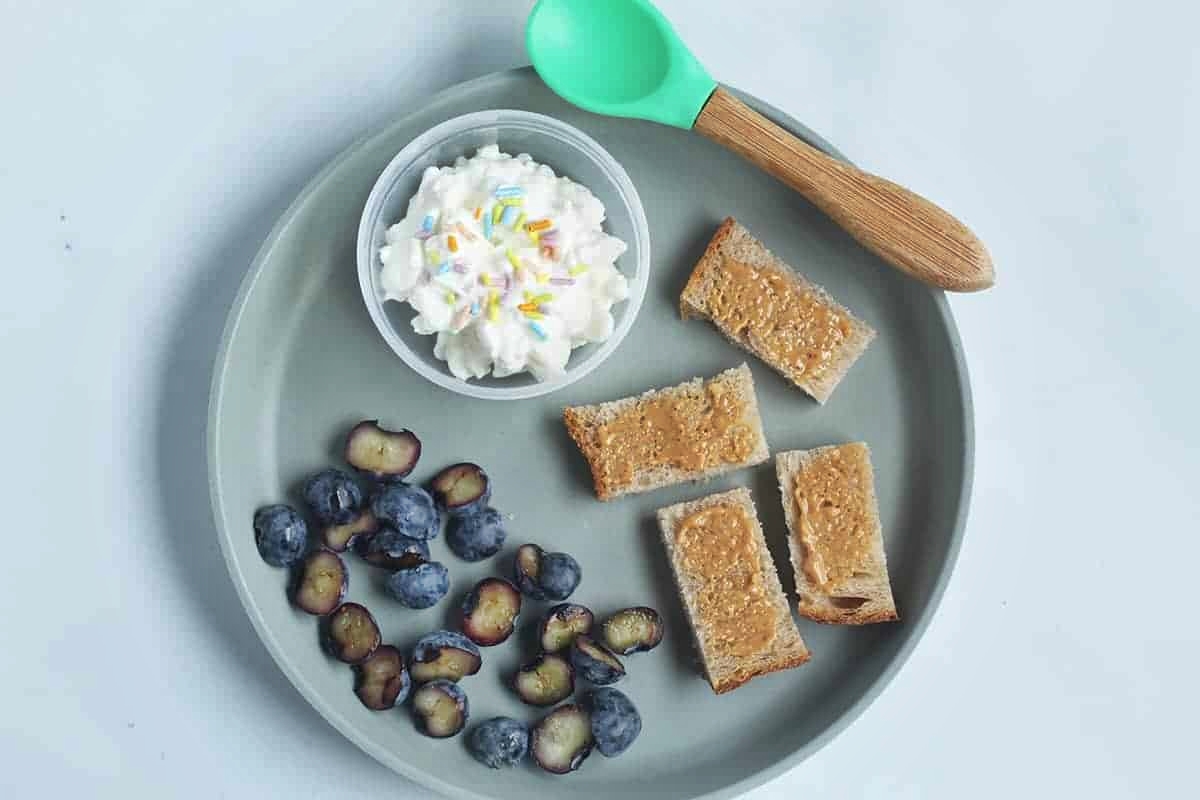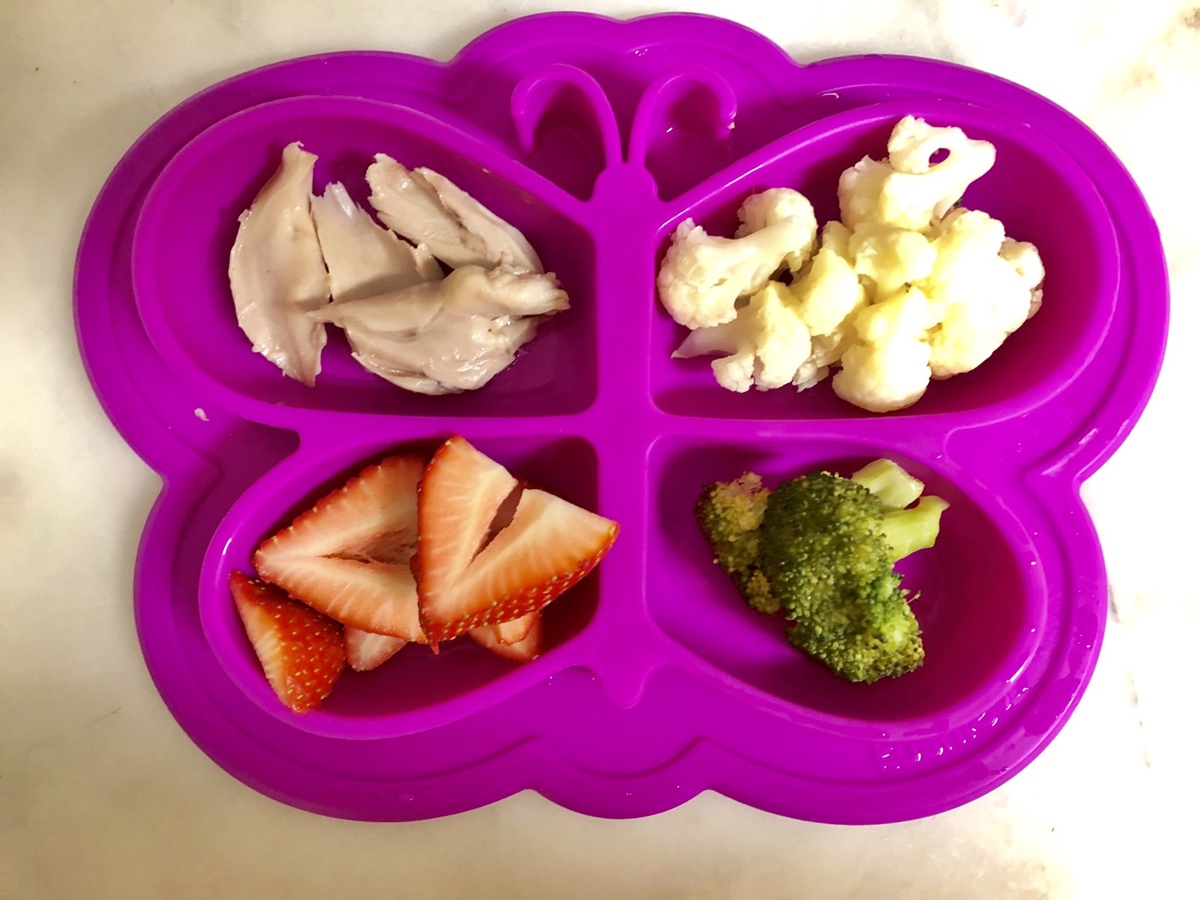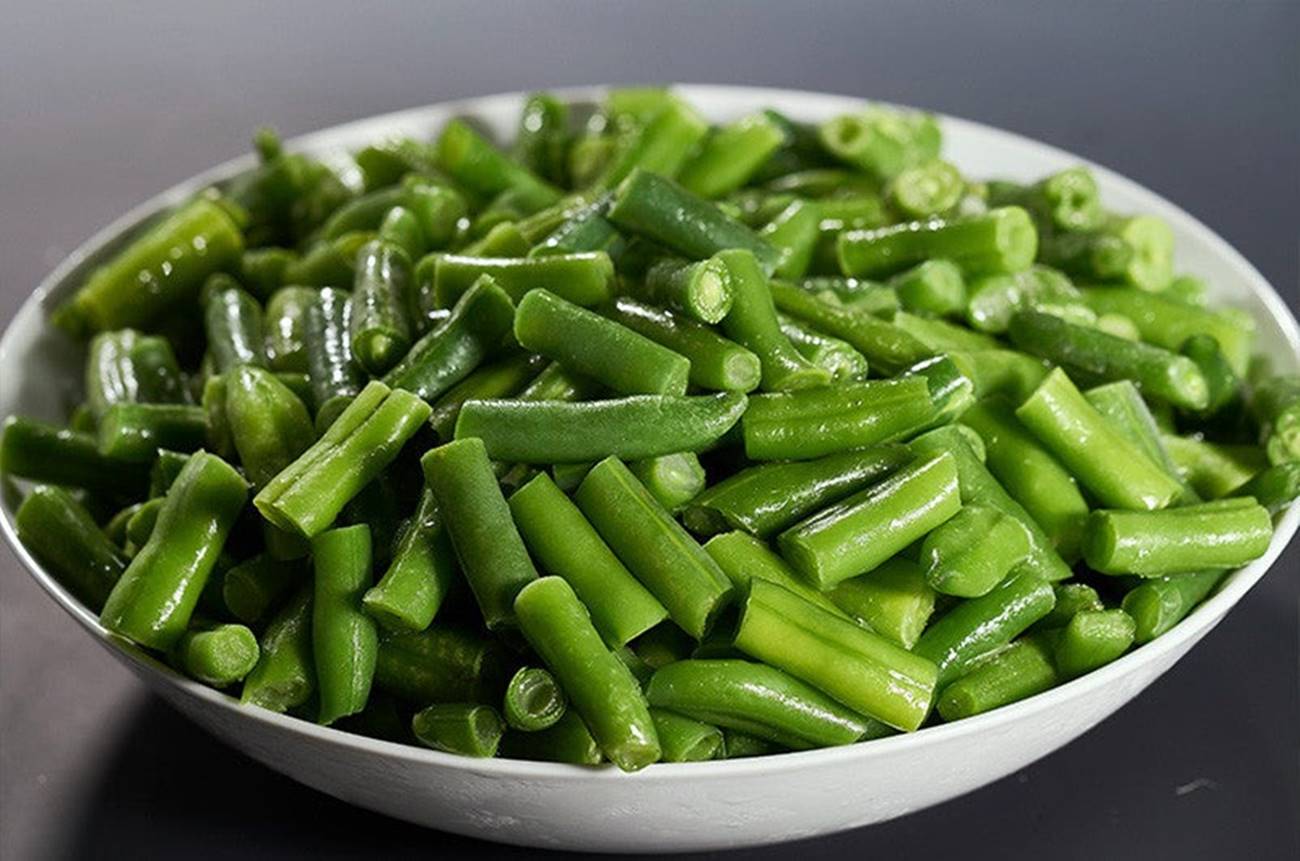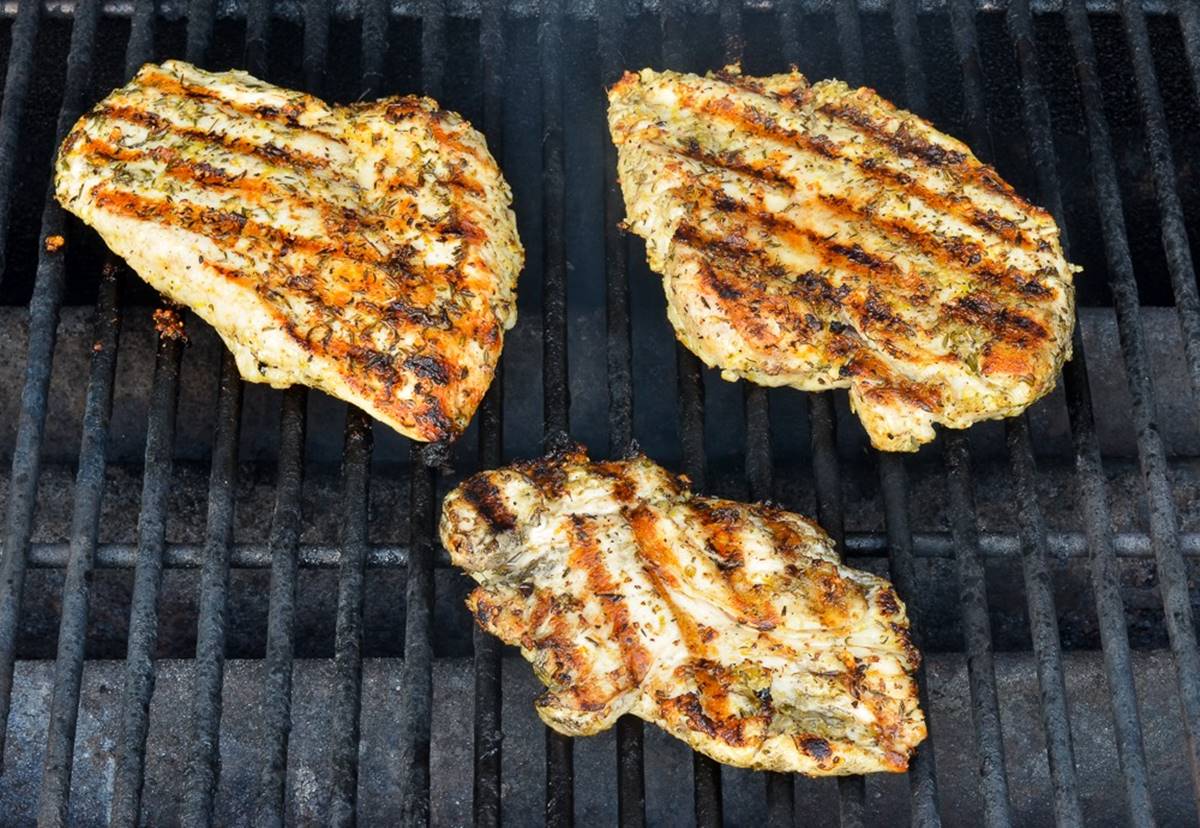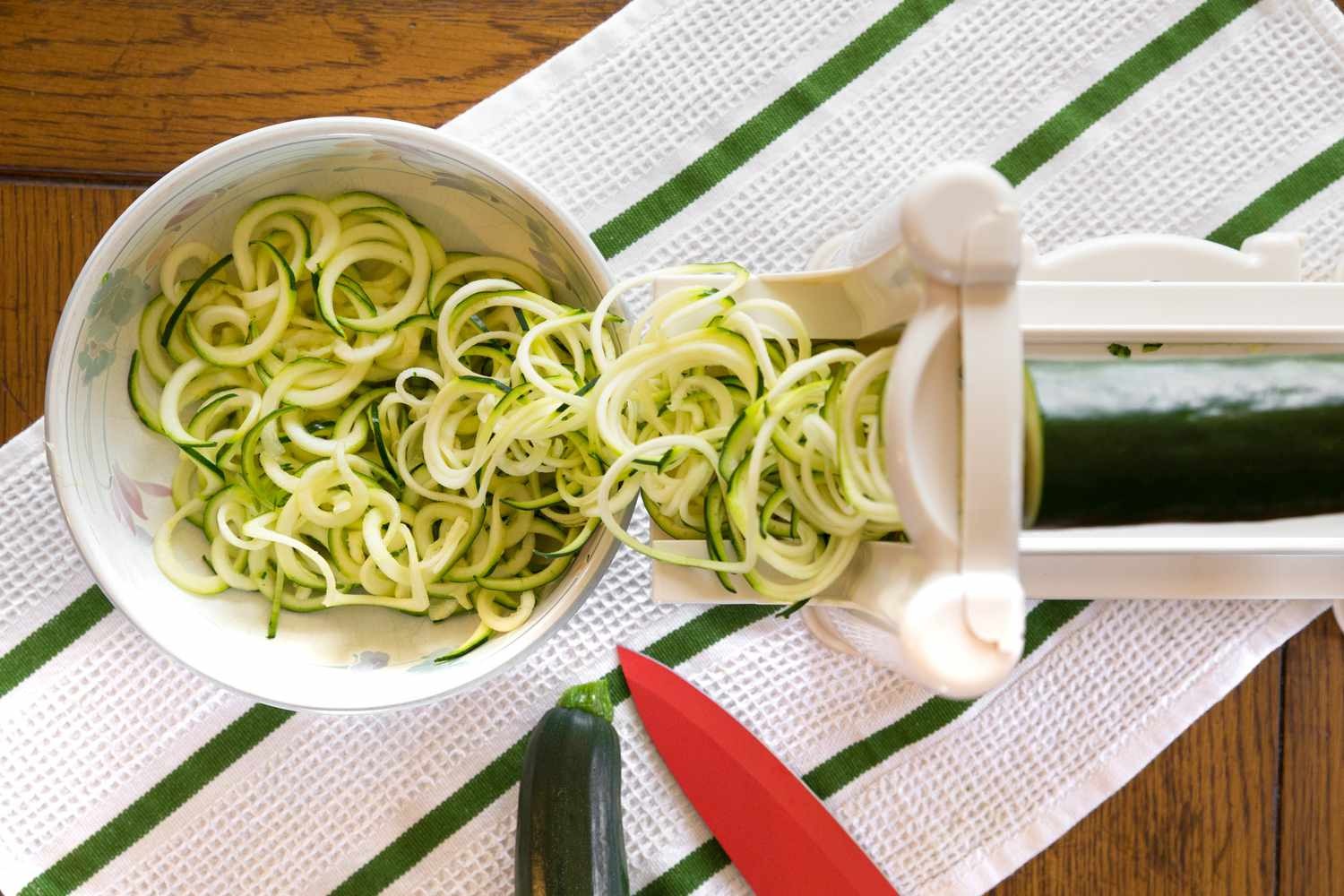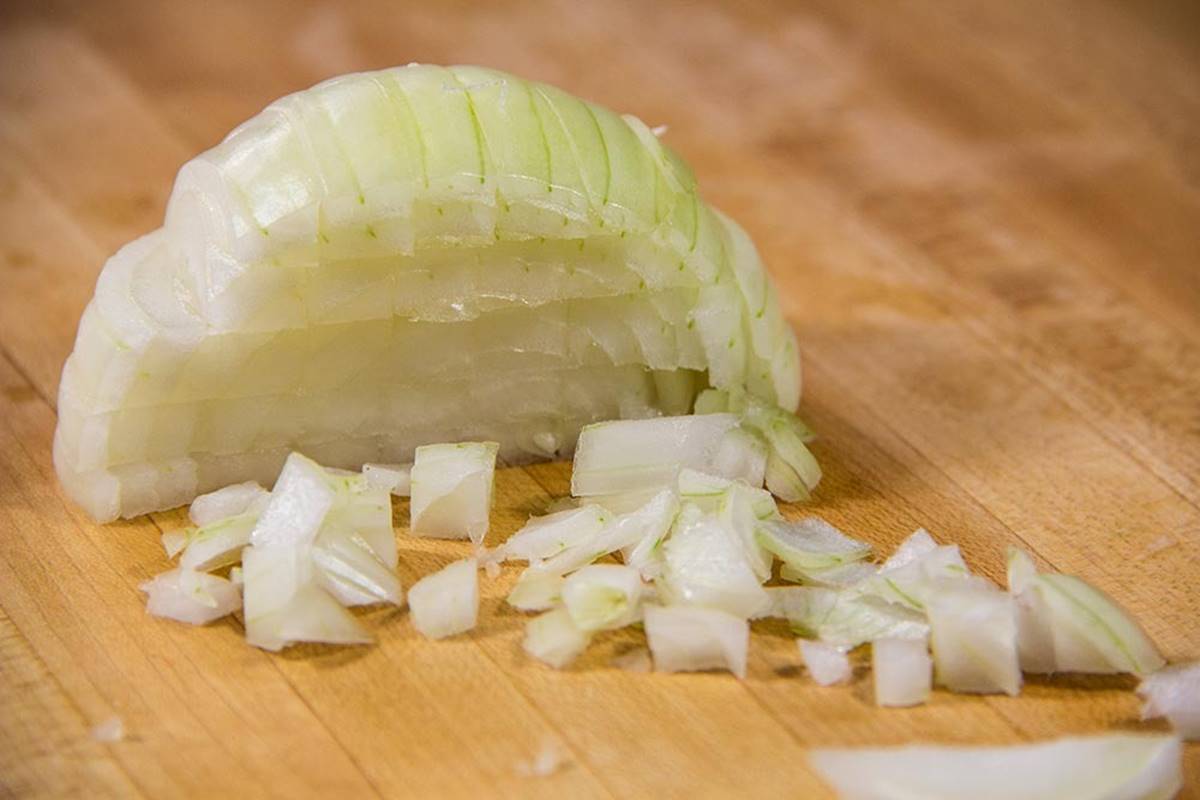How To Cut The Salty Taste In Food
Have you ever seasoned your dish only to find it turned out way too salty? Don’t worry, we’ve all been there. Excess salt can overpower the flavors of your food and leave you wanting to start over from scratch. But fear not! There are some simple techniques you can use to cut down the salty taste and salvage your meal. Let’s dive right in!
1. Dilution is the Solution
One effective way to reduce the saltiness is to dilute your dish with additional ingredients. Consider adding more of the main ingredients or supplementary ones like vegetables or protein. This will help to distribute the excess salt and balance out the flavors. For soups, stews, or sauces, you can also add more liquid like water, stock, or even a dash of lemon juice to help mellow out the saltiness.
2. Counterbalance with Acid
Acidic ingredients such as vinegar, citrus juice, or yogurt can work wonders in cutting through the saltiness. Add a squeeze of lemon or lime, a splash of vinegar, or a dollop of yogurt to your dish and taste as you go. These ingredients not only help to balance the flavors but also add a refreshing touch to your meal.
3. Sweeten the Deal
Sometimes a touch of sweetness can help counteract the salty taste. Try incorporating ingredients like honey, maple syrup, or brown sugar into your dish. The sweetness will help balance out the saltiness and add a subtle complexity to the flavors. Just be cautious not to overdo it, as you don’t want your dish to end up too sweet.
4. Use Starch to Your Advantage
Starchy foods can absorb excessive salt and help neutralize the salty taste. Consider adding cooked pasta, rice, or potatoes to your dish. They will soak up some of the salt and provide a mild, neutral base to balance out the flavors. Alternatively, you can serve your salty dish with a side of plain cooked grains or bread to help offset the saltiness.
5. Spice it Up
Strong spices and herbs can help distract from the salty taste by adding an extra layer of complexity to your food. Experiment with ingredients like garlic, ginger, cumin, paprika, or chili flakes to divert the focus away from the saltiness. Just be careful not to overpower the dish with too much spice; you want to achieve a harmonious balance of flavors.
6. Rinse and Repeat
If you realize the dish is overly salty before serving, you can try rinsing certain ingredients. For example, if you’ve prepared boiled vegetables, rinsing them under cold water can remove some of the excess salt. However, keep in mind that this method can also dilute other flavors present, so only use it as a last resort.
Remember, preventing or minimizing saltiness is always preferable to fixing it after the fact. So, be mindful of the salt content when seasoning your food and taste as you go. Nonetheless, if you find yourself with a dish that’s too salty, these techniques should help you save the day. Happy cooking!
- Dilute your dish with additional ingredients
- Counterbalance with acidic components
- Add a touch of sweetness
- Incorporate starchy foods
- Spice it up with strong flavors
- Rinse certain ingredients
Was this page helpful?
Read Next: How To Cut Spice In A Sauce

